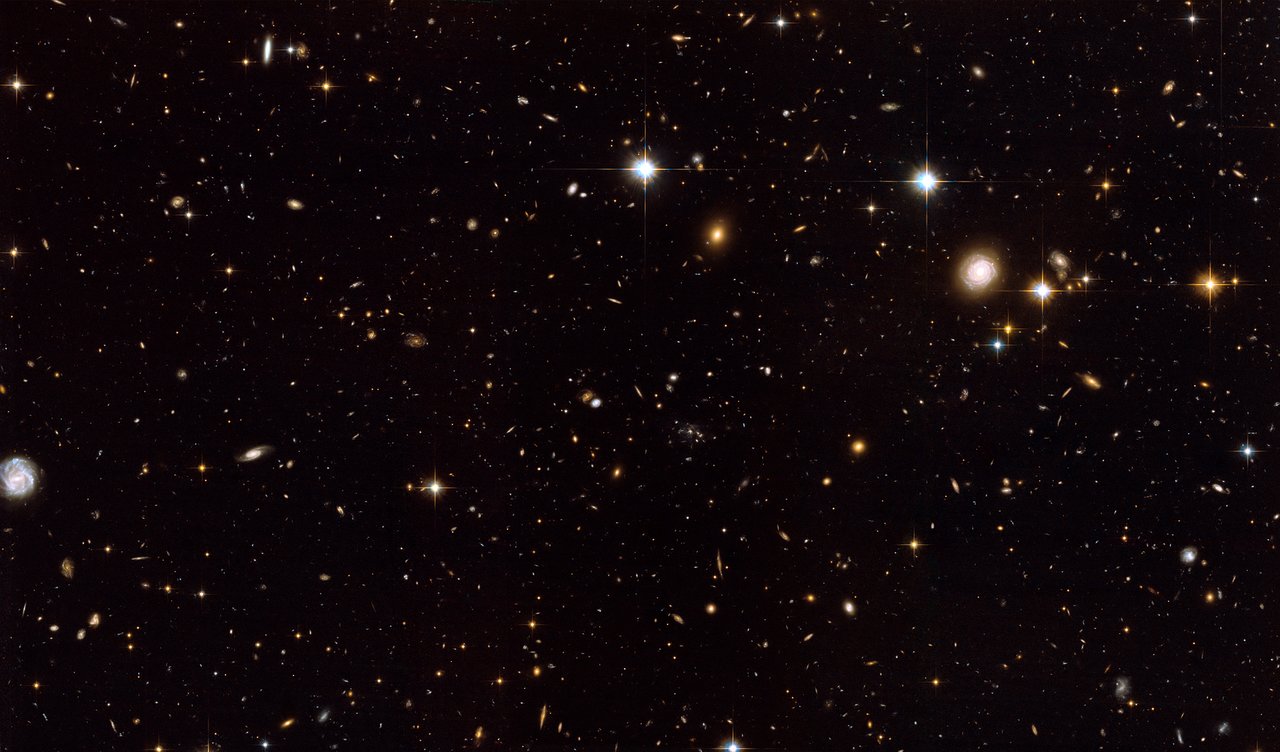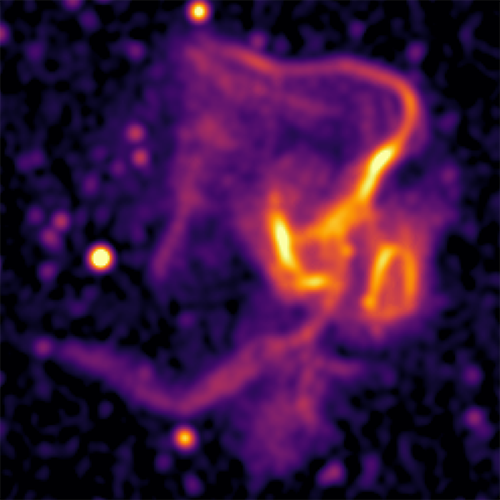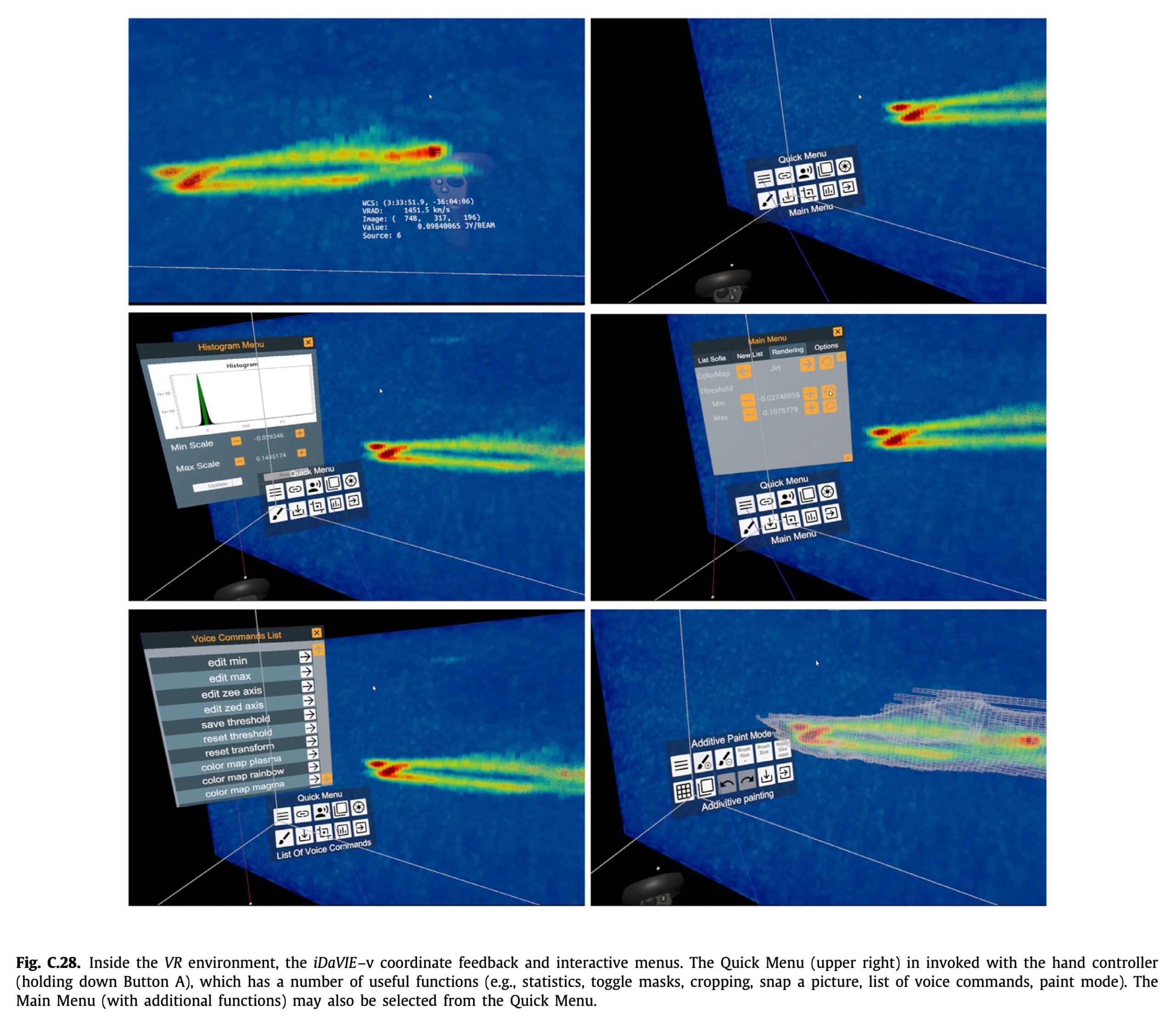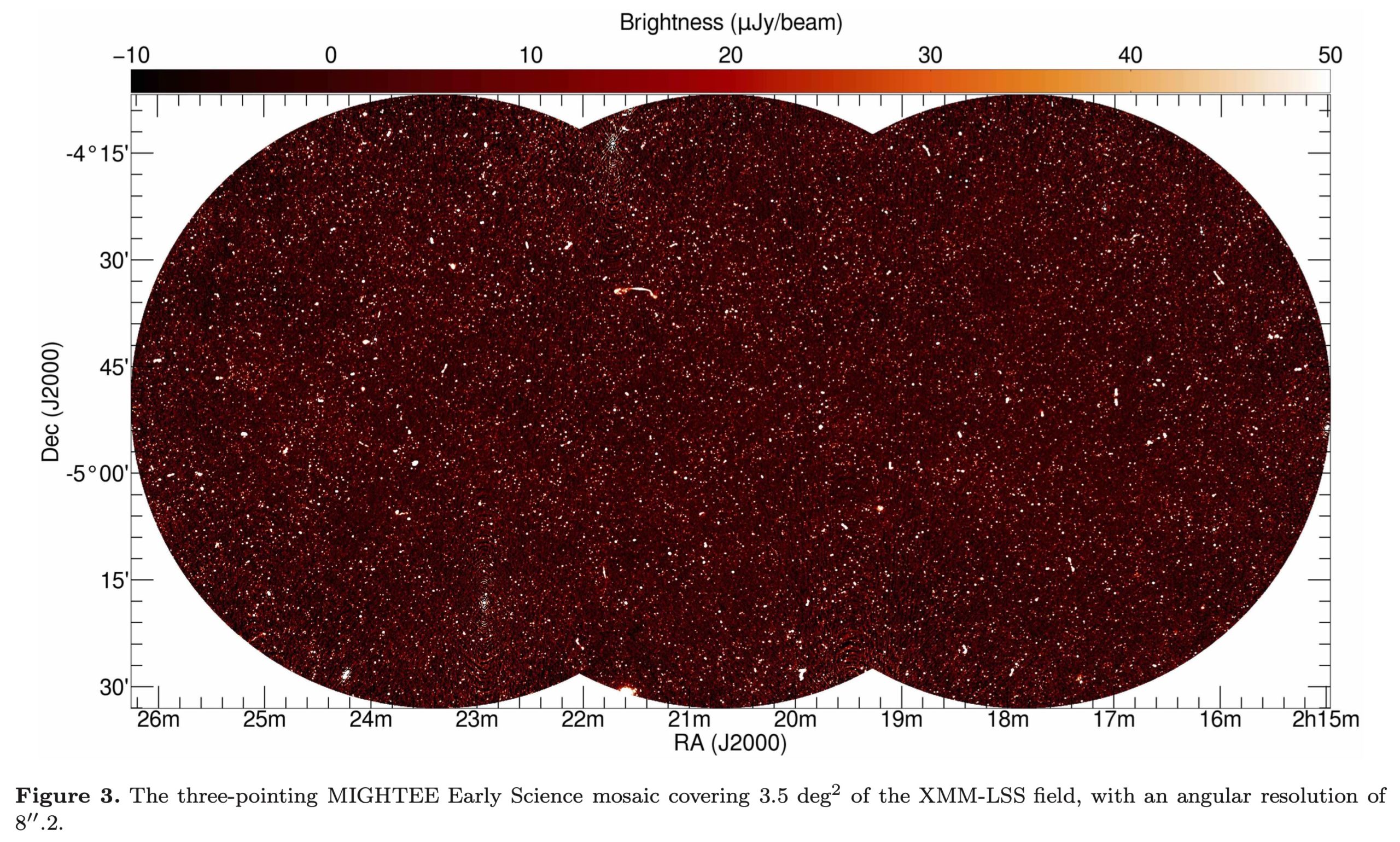The unusual structure of the Spiderweb Galaxy
Galaxy formation and evolution is a fascinating topic. Astronomers don’t know exactly how galaxies form. Large galaxies are often home to hundreds of billions of stars, but when a mega galaxy is observed at a fraction of the age of the universe, astronomers still wonder how it is possible that such mega structures form in such a short amount of … Read More









